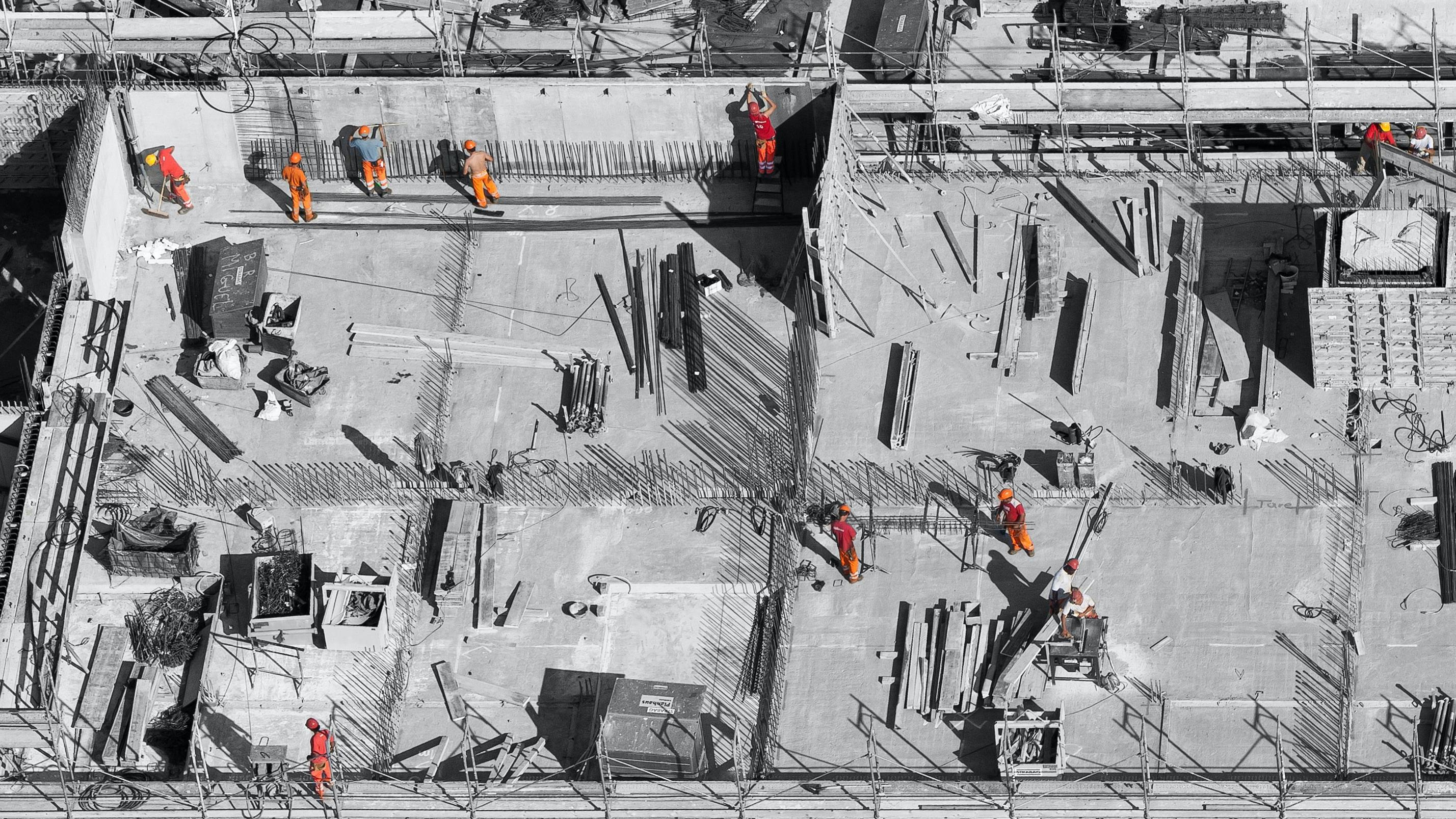

 This article is extracted from the report 'UAE Construction After Covid-19'
This article is extracted from the report 'UAE Construction After Covid-19'
Our new normal is to “live in suspense every day”, says a UAE-based contractor.
The suspense — and correlating disruption to operations — spans from whether materials will arrive daily; how many workers will make it on site; which building has been put under quarantine; which districts are closed off for testing; and if a member of the team has tested positive for Covid-19 — and how many others have been infected but remain undetected.
“To say progress on our projects has been drastically affected by the Covid-19 pandemic is an understatement,” says the contractor.
The virus began upsetting the construction industry in the UAE since early March, but the sector has been hurting for more than a decade from the 2008 global financial crisis, followed by the crude price plunge in 2014 that brought contracting giants to the brink of insolvency.
 A very different crisis for UAE construction
A very different crisis for UAE construction
Firms have been working to restructure debt even before the pandemic hit.
But in a latest knock to the industry, the outbreak has spread rapidly among migrant workers living in cramped dormitories in crowded labour camps.
“We are facing huge shortages of workers on site,” the contractor says. “Some have been infected, while others are in quarantine. Those who are living in areas undergoing sterilisation are not allowed to exit, and many fear they might contract the virus so they stay absent because theirs is not the sort of work where it is possible to distance.
“Subcontractor staff have not been able to come on site for days and consultants have also been avoiding site visits. But each day that our site doesn’t function is a loss and we are already looking at months of delays.”
Motivating mid-level employees to perform while enduring pay cuts has also been a challenge, he adds.
The UAE government has been locking down high-density areas, sterilising labour accommodations and running mass free testing to screen hundreds of thousands of workers. The contractor acknowledges that “overcrowding” will need to be stringently addressed across some camps.
Meanwhile, authorities have imposed strict measures such as physical distancing requirements in vehicles.
“We have had to change the bus capacity to 30 per cent to ensure social distancing, which meant an increase in the number of journeys,” says David Robinson, health and safety executive director at UAE contractor ASGC. “That had a knock-on effect on time, fuel and so on.”
Juggling costs
“From a business continuity perspective, I think every organisation will have a good look at itself in how it’s set up and organised to deal with events such as pandemics,” says Robinson. “That will have a small knock-on impact on the overall cost of business, and then it will be dependent on each organisation on whether they want to swallow that cost within their profit margins, or add [it] on top of what they would bid. [In] the current market, people will probably just take that [cost] out of their projected profits to stay competitive.”
But another Dubai-based contractor says many industry players have yet to estimate the potential total increase in overall costs, which could run well into the “tens of thousands” each day.
“At the moment everyone has just been reacting [to guidelines] so we don’t know the total impact [on cost],” he explains. “Sanitiser is being used like water and is costing us close to Dh20,000 [$5,445] to Dh25,000 a week, for example. Consider the cost of providing masks for thousands of workers every day and then there’s gloves, cleaning products and so on, in addition to mandatory weekly sterilisations. Margins are already very, very low so any further squeeze is going to hit us all.”
Delays in the building materials supply chain as a result of the lockdown-induced slowdown in shipping, restricted cross-emirate transportation and longer customs clearance times, along with the decrease in factory activity, have also driven up prices of materials, the contractor adds.
In conversation with Yu Tao, president and CEO of CSCEC Middle East“Most deliveries have not reached us on time because of the different lockdowns,” he says.
A factory owner and supplier adds that transporting materials has been “dramatically stressful” and “impossible” to deliver on schedule. “Whether by sea or road, we are seeing a new story at customs every day,” he says.
 Meanwhile, the supplier says neither banks nor insurance providers have been cooperative so far despite the announcement of various relief measures.
Meanwhile, the supplier says neither banks nor insurance providers have been cooperative so far despite the announcement of various relief measures.
“Our company health insurance is up for renewal and I’ve just received an email quoting a 55 per cent increase to the premium even though we have not had a single claim all year,” he says. “The reason they cite is Covid-19 of course. On the other side, banks are refusing to have conversations about renegotiating interest rates.
“They’ve got to stop this short-term thinking and look at the long-term value for everyone.”
This report is produced under the MEED Mashreq Construction Partnership. To learn more about the report or the partnership, log on to: www.meedmashreqindustryinsight.com
You might also like...

Rainmaking in the world economy
19 April 2024

Oman receives Madha industrial city tender prices
19 April 2024

Neom seeks to raise funds in $1.3bn sukuk sale
19 April 2024

Saudi firm advances Neutral Zone real estate plans
19 April 2024
A MEED Subscription...
Subscribe or upgrade your current MEED.com package to support your strategic planning with the MENA region’s best source of business information. Proceed to our online shop below to find out more about the features in each package.








